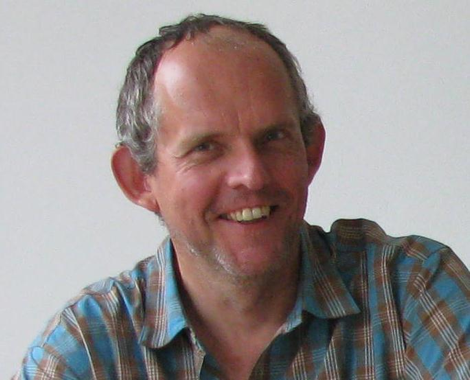Talk with the professors - Dr Servaas Storm
Dr Servaas Storm
Dr Servaas Storm is a Dutch economist and author who works on macroeconomics, technological progress, income distribution & economic growth, finance, development and structural change, and climate change. He holds a PhD (Economics) from Erasmus University Rotterdam.
According to you, why should engineers choose to pursue MOT?
It is important that the ‘managers of new technologies’ have a proper understanding of how innovations are shaped by economic forces and constraints, by human needs, and by individual and social values and how these technologies, in turn, have large impacts on living standards, daily lives, the quality of jobs, economic inequality, social mobility, and individual freedom. The MOT programme attempts to contribute to developing such a deeper, social-sciences-based understanding.
How does engineering complement the study of economics?
Engineers can use their knowledge and experience to help economists deepen their (often limited) understanding of processes of innovation and technological progress. Economists can help engineers to expand their understanding of the economic and societal context within which they operate, and to take into account the economic consequences of their (engineering) decisions.
What should students expect from the MOT programme?
The MOT programme offers a lively, multi-disciplinary set of core courses (in technology dynamics, finance, economics, business strategy, entrepreneurship, social & scientific values, organisational decision-making, digital business process management, and research methods), which help the students to think, analytically as well as practically, about the drivers and impacts of responsible innovation at the business level and at the level of the economy and society. The MOT programme further offers diverse specialisation tracks – there’s something for everyone’s interest.
What do you think makes MOT different from other programmes in management?
The MOT programme is different, because it wants to foster engineers who understand the economic and societal context within which innovation takes place, and who want to leverage new technologies in a socially responsible manner to achieve both societal and business impact.
How has your experience been at the faculty of TPM?
I remember the year when the MOT programme started at TU Delft, with a small first cohort of around 15 first-year students. The programme has developed well and has grown into one of the largest MSc programmes within TPM. MOT students are quite distinctive in their ‘management’ and/or ‘entrepreneurial’ orientations. Most MOT students appreciate what is learned during the ‘Economic Foundations’ course – and what is very nice, many stay in touch after their graduation!
